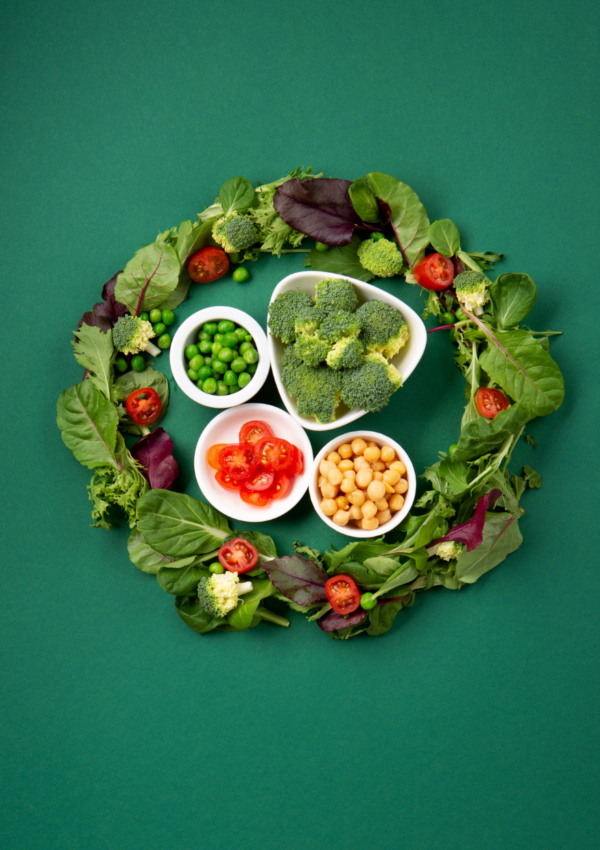
If you are always tired, drained, overwhelmed, anxious, and unable to complete your to-do list, you could be suffering from caregiver burnout.
This is natural considering our responsibilities – and caregivers across the globe will identify with these emotions.
It has been a stressful few years for many people, juggling work, home life, family commitments, and carer duties amidst constant uncertainty and turmoil. The continual stress and overwhelm often lead to burnout.
Caregiver burnout
So what causes caregiving burnout? What are the symptoms to look out for? And how can we recover from burnout to prevent long-term health complications?
Burnout occurs when we are physically, mentally, and emotionally exhausted due to chronic/prolonged caregiving stress. It leaves us feeling drained, fatigued, and hopeless.
Even though burnout is often linked to work stress, we Caregivers know only too well that it often results from being a caregiver to dependents, elderly parents, unwell family members, or children with special needs.
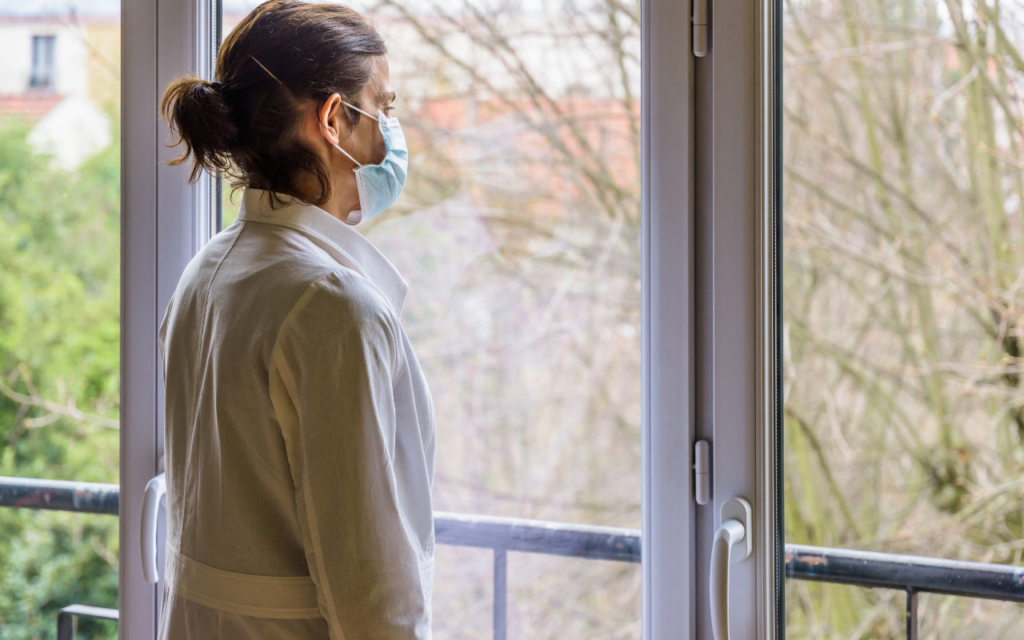
So, what exactly in our daily lives causes ongoing stress that leads to burnout?
- Being swamped by our workload, deadlines, and varying appointments
- The constant pressure to juggle tasks, working long hours, with no time to take a breather
- Lack of support
- A disorganised schedule or absence of a daily routine
- Lack of boundaries and having to take on everything
- Lack of work-life balance – unable to switch off
- Stressful home life due to childcare, elderly parents, financial concerns
Burnout rescue and recovery: best foods & drink
A nourishing diet of organic vegetables, organic eggs, seeds, nuts, legumes, and healthy fats like avocado, flaxseed oil, chia seeds, and flaxseeds is rich in nutrients. Combined, these foods support our body to combat the effects of stress.
Granted, it is far more appealing and appetising to indulge in a hearty bowl of pasta, a few slices of pizza, or a moreish curry – especially if you’ve had a taxing day. However, a sprinkle of some of these ingredients if you can’t have a ‘healthier’ and ‘more balanced’ meal, will make a difference.
In our household, we love snacking on sunflower seeds (even our 3-year-old!), pistachio nuts, and chestnuts. Chia seed pudding is also unexpectedly tasty and indulgent! And, there are always organic eggs and avocados in our fridge.
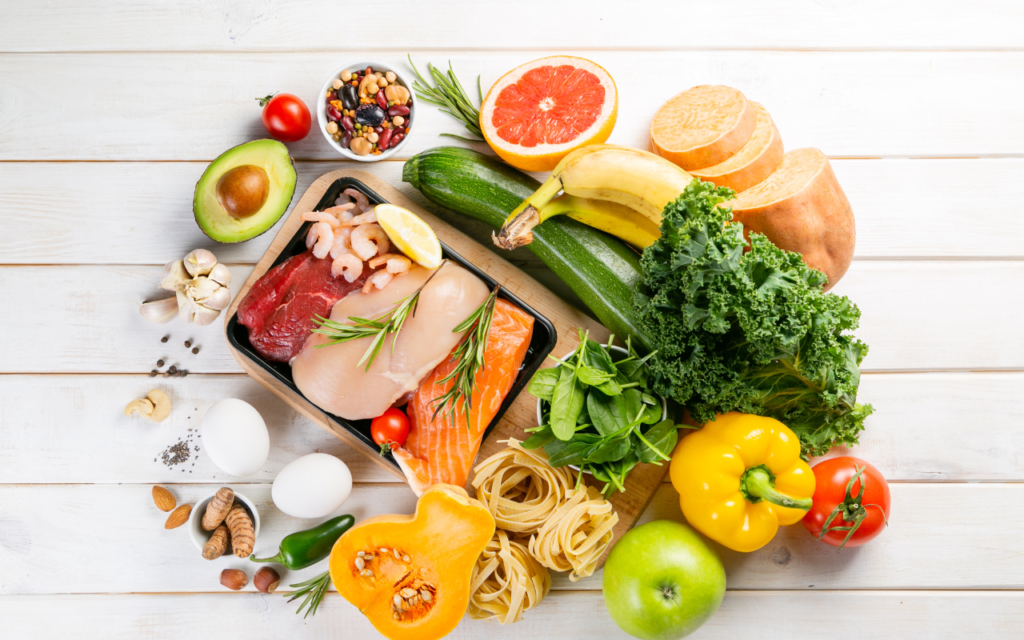
Other foods that help balance stress levels contain vitamins B, C, and magnesium. As well as oranges, leafy greens, avocado, berries, nuts and seeds, lentils, beans, wholegrain rice, and organic eggs are plentiful in these nutrients.
Through research, I’ve learned that certain herbs reduce stress and improve energy. Apart from ginseng, I’ve not eaten or cooked with Ashwagandha, Licorice, or Rhodiola. If anyone has insights to share about these, I’d love to learn more. These herbs, as I understand it, can be taken as a tea, capsule, or liquid tincture.
Foods & drinks to avoid
It is unfortunate and saddens me that many of the tasty foods I love are ‘depleting to our bodies.’
This includes sugar, refined grains, and carbohydrates. I am especially upset that pasta is in this group along with bread, pastries, cereals, pizza, and snack bars.
Other foods to avoid include damaged oils – fried foods, margarine, vegetable oils – plus processed, packaged, and junk food.
When we’re burnt out, stressed, and have endured a testing day, a lot of these foods save us. But, if we can cut down on this habit, we stand a better chance of reducing blood sugar levels, which contribute to anxiety and low mood. So pleased to have discovered the delights and benefits of chia seed puddings!
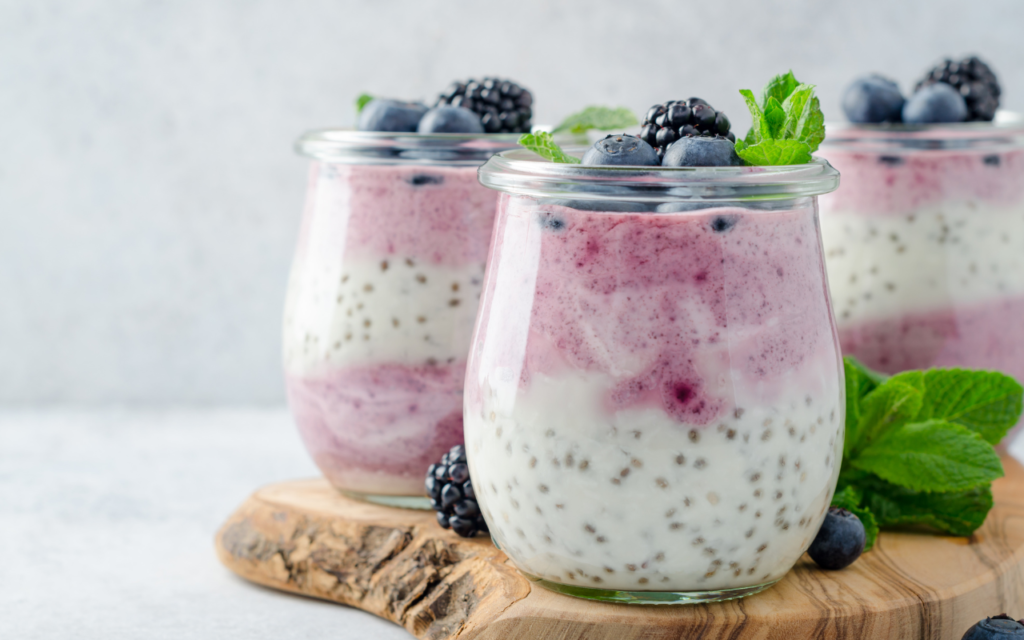
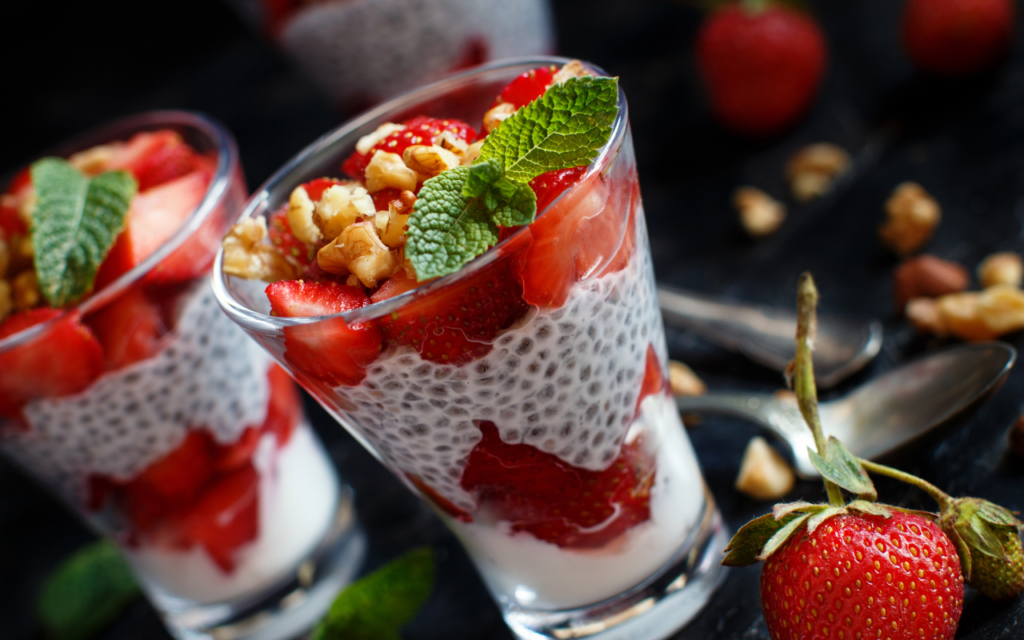
Drinks that are not good for us and put our bodies under even more stress include coffee, tea, energy drinks, and alcohol. These affect our sleep and release stress hormones, which increases anxiety further. Chocolate, unfortunately, has the same impact! Decaffeinated drinks are better, as are coffee alternatives.
Burnout rescue and recovery: more tips & advice
To share stories and experiences about managing caregiver stress and burnout, plus things I do to feel better, head over to my other blogs. Each one is geared toward helping us caregivers and working professionals feel, think, plan, and eat better. But a few in particular concentrate on the daily pressures and anxieties we go through as caregivers. I hope you find these useful:
- How to manage caregiver stress to feel better
- 14 benefits of thinking positively and how to do it
- Planning my typical days as Mum & working professional
- How to create a daily routine and caregiving schedule that makes life easier
- Top 10 Feel Good things that boost happiness
- 6 natural ways to deal with anxiety
- Best holidays to re-energise the mind, body & soul
- How to practice mindfulness and eat well for mental health?
- How to organise time as a caregiver?

